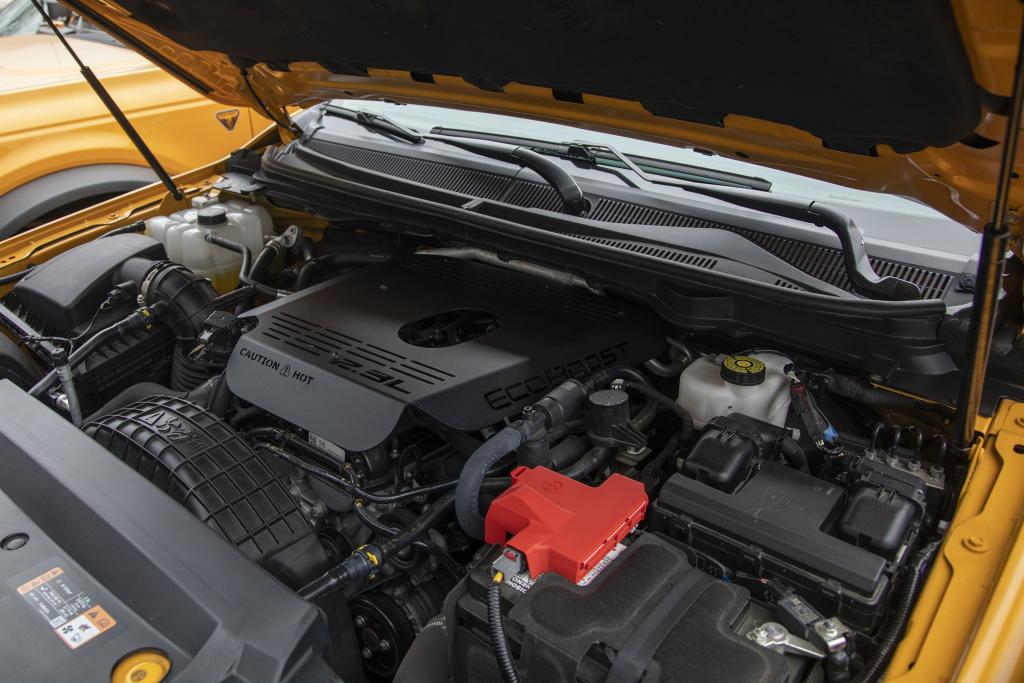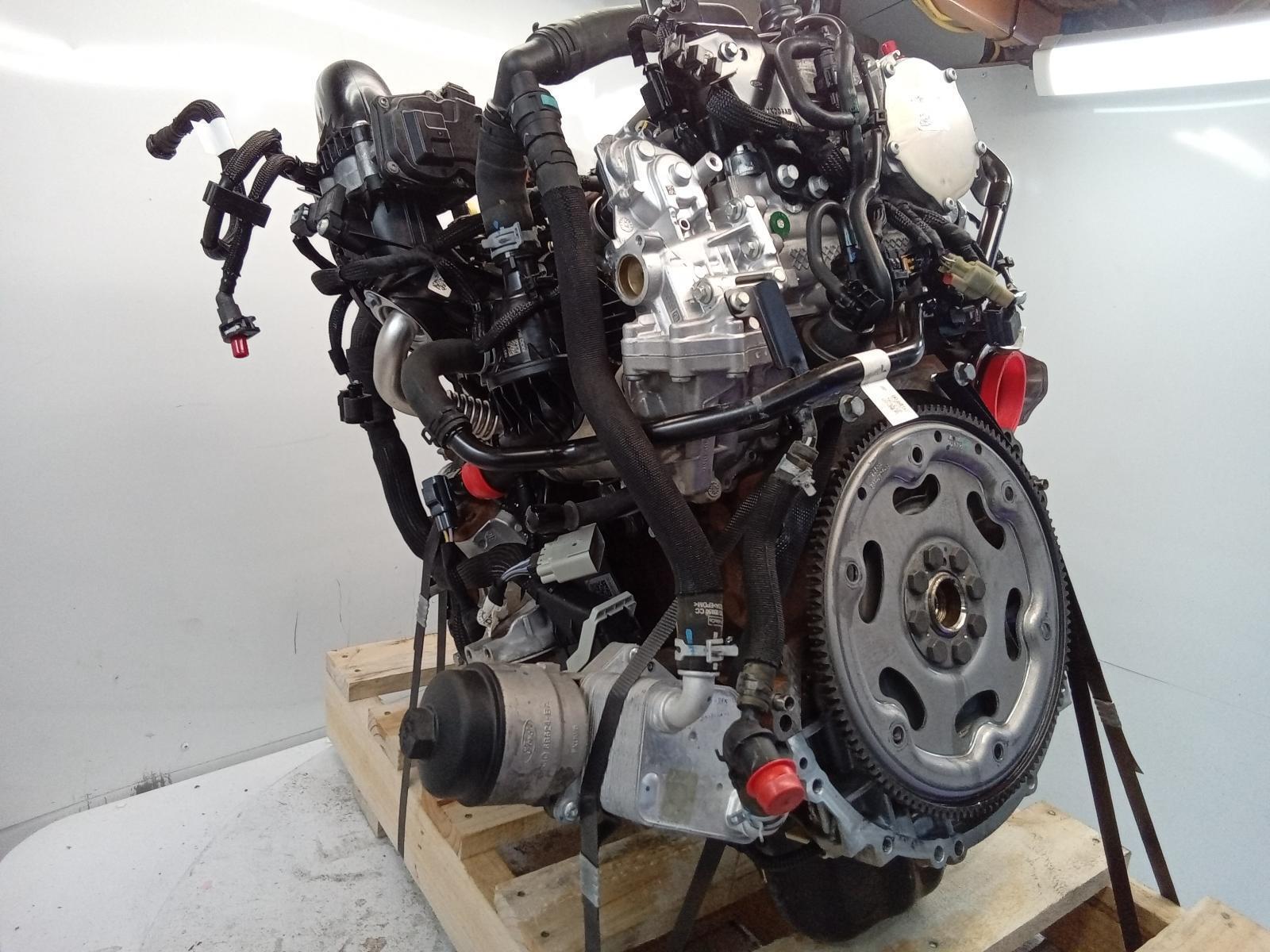How the 2.2 Ford Ranger Engine Delivers Power and Efficiency for Your Truck
How the 2.2 Ford Ranger Engine Delivers Power and Efficiency for Your Truck
Blog Article
What Makes a Vehicle Engine Run Smoothly: Leading Tips for Optimum Care
The smooth procedure of a car engine is fundamental to both efficiency and long life, making optimum care a necessary responsibility for automobile proprietors. What details actions should you prioritize to guarantee your engine stays in peak condition?
Normal Oil Modifications
One of one of the most crucial aspects of vehicle maintenance is ensuring your engine obtains normal oil adjustments. Engine oil lubricates internal elements, lowers friction, and helps preserve ideal operating temperatures. With time, oil weakens due to heat, contaminants, and the natural byproducts of combustion, causing minimized performance and possible engine damages.
The majority of suppliers suggest transforming the oil every 5,000 to 7,500 miles, yet this interval can differ based upon driving conditions and oil kind. Artificial oils may enable for longer intervals in between adjustments. Normal oil modifications not just improve engine performance however additionally boost fuel performance, as tidy oil advertises smoother operation.
Ignoring oil changes can lead to sludge build-up, which harms circulation and can lead to serious engine concerns. It is essential to examine oil degrees on a regular basis and monitor for any type of unusual modifications in color or uniformity, which can show contamination or deterioration.

Keeping Coolant Levels
Keeping proper coolant degrees is necessary for protecting against engine getting too hot and making sure optimal performance. The coolant, commonly a mix of water and antifreeze, circulates through the engine, taking in warm and preventing thermal stress. Insufficient coolant can bring about boosted engine temperature levels, which might create serious damage and even overall engine failure.
To keep optimum coolant levels, regularly examine the coolant reservoir, normally found in the engine bay. Make certain the coolant is loaded to the recommended mark, as suggested in your vehicle's proprietor guidebook. It is suggested to examine the degrees at least when a month or in the past long trips, particularly during severe weather.
If you discover that the coolant level is regularly low, there may be a leak in the air conditioning system, which need to be resolved quickly to stop further complications. 2.2 ford ranger engine. Furthermore, purging the coolant system every 2 to 3 years can help remove any built up debris and guarantee reliable warm exchange
Monitoring Air Filters

It is advised to inspect the air filter every 12,000 to 15,000 miles, or a lot more frequently if driving in adverse or dirty problems. An easy aesthetic examination can usually expose whether the filter is filthy or harmed. If the filter appears blemished or has noticeable dirt buildup, it ought to be replaced promptly.
Utilizing a top notch air filter created for your details car version can even more boost engine efficiency. Furthermore, some why not look here lorries might take advantage of recyclable filters that can be cleaned up and reinstalled, providing a economical and eco pleasant alternative.
Inspecting Flicker Plugs
Flicker plugs are necessary elements of a car's ignition system, straight impacting engine efficiency and performance. They produce the spark that sparks the air-fuel mix in the combustion chamber, facilitating the engine's power generation. Routine evaluation of ignition system is crucial for maintaining optimal engine feature and protecting against potential problems.
During an evaluation, try to find indications of wear or damage, such as splits, carbon accumulation, or too much space widening. A healthy ignition system typically shows a brown or tan color. Dark soot or oil down payments can suggest inappropriate burning, while a raw or white appearance may suggest overheating. Both problems need instant attention to avoid further engine damage.
It's a good idea to examine ignition system every 30,000 miles, or as suggested in your car's owner handbook. Additionally, take into consideration changing them according to the maker's guidelines, as worn or old ignition system can result in misfires, minimized fuel effectiveness, and raised emissions.
Surveillance Tire Pressure
Under-inflated tires can lead to reduced fuel efficiency, boosted tire wear, and jeopardized handling. you can try these out Normal surveillance of tire pressure is important for optimal lorry operation.
Tire stress must be examined at the very least when a month and previously long journeys. Utilize a trustworthy tire stress gauge to gauge the pressure when the tires are chilly, preferably before the car has been driven for at the very least 3 hours. Refer to the lorry's owner handbook or the placard located on the motorist's side door jamb for the manufacturer's recommended pressure levels.
It is necessary to keep in mind that tire pressure can rise and fall with modifications in temperature; a drop of 10 ° F can result in a 1-2 psi decrease in pressure. Furthermore, aesthetically check tires for any kind of indicators of wear or damage during your tracking routine. Keeping appropriate tire stress not only enhances vehicle security yet additionally improves fuel effectiveness and prolongs tire life, ultimately adding to a smoother engine efficiency.
Verdict
To conclude, maintaining a vehicle engine's smooth procedure requires thorough attention to a number of vital elements. Normal oil modifications, proper coolant degrees, tidy air filters, well-kept trigger plugs, and optimal tire stress jointly add to enhanced performance and durability. Abiding by these upkeep techniques not only improves fuel effectiveness but also promotes a much safer driving experience. Ultimately, a positive approach to engine treatment is crucial for guaranteeing reliability and functionality with time. 2.2 ford ranger engine.
One of the most essential facets of vehicle Get More Information upkeep is ensuring your engine receives normal oil adjustments. Engine oil lubes inner elements, decreases friction, and aids preserve ideal operating temperature levels. Routine oil adjustments not only improve engine performance but additionally improve fuel performance, as clean oil advertises smoother operation.
Inadequate coolant can lead to boosted engine temperature levels, which might create extreme damages or also complete engine failure.

Report this page